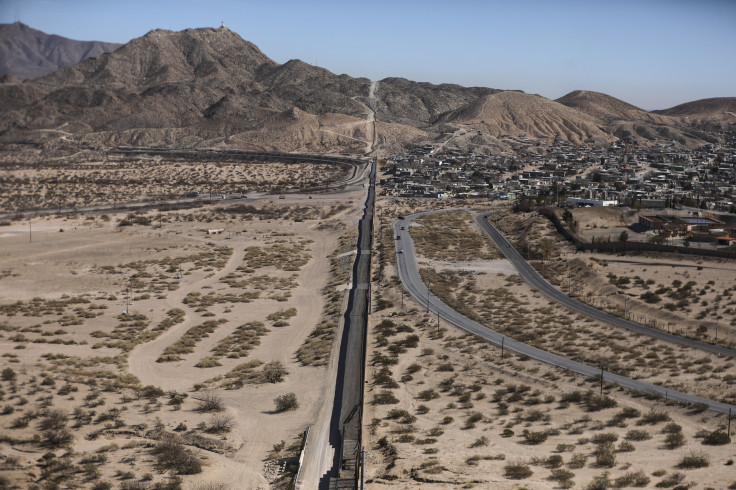
Manufacturing hubs along the U.S.-Mexico border are on edge as the threat of a 25% tariff on Mexican and Canadian imports looms over the region. Despite a last-minute agreement between U.S. President Donald Trump and Mexican President Claudia Sheinbaum delaying the tariffs for 30 days, businesses remain uncertain about their future.
In an attempt to mitigate tensions with the Trump administration, Sheinbaum announced on Monday that Mexico would deploy 10,000 troops to its northern border to curb drug trafficking, particularly fentanyl. The agreement also includes a U.S. commitment to preventing the smuggling of high-caliber weapons into Mexico.
In Ciudad Juárez alone, 97% of manufactured goods are exported to the U.S., according to Mexico's Economic Ministry. "It's a conflict between governments and we're the ones most affected," said truck driver Carlos Ponce to the Associated Press, who has spent 35 years transporting goods across the border. "Tomorrow, who knows what will happen?"
Antonio Ruiz, a compliance officer at Tecma, a firm assisting foreign companies in establishing factories in Mexico, also explained to the news site the unpredictability of the situation. "It's very difficult to be prepared for something that has never happened before," Ruiz said. "As much as you want to prepare for it, the best you can do is brace yourself in the short term."
The tariff threat has already led to economic fallout in some cases. Business leaders in Ciudad Juárez report declining investment, with some factories halting production. "Every time we hear this discourse from political leaders, it sends shock waves through the border," said Thor Salayandia, head of an auto-parts manufacturing facility. "Companies will go look in other parts of the world where they offer conditions to keep competing."
Agricultural producers in Mexico have also expressed concern. The National Agricultural Council (CNA) warned that 50% of the avocados, tomatoes, chili peppers, and berries consumed in the U.S. come from Mexico, along with $1.5 billion in beef and pork exports. The group has called for dialogue to prevent economic instability.
The National Auto Parts Industry (INA) also estimated that tariffs could add $3,000 to the price of an average vehicle and lead to a drop in U.S. auto sales by one million units this year. The broader North American auto sector, which employs 11 million workers, could suffer a major disruption as some parts cross borders multiple times before final assembly.
Despite the temporary pause, the future remains uncertain. "Both countries would be paralyzed," said Manuel Sotelo of Mexico's National Chamber of Freight Transportation. "Let's say he did slap a 25% tariff on Mexico, what would they do during the Super Bowl without avocados?"
© 2025 Latin Times. All rights reserved. Do not reproduce without permission.






